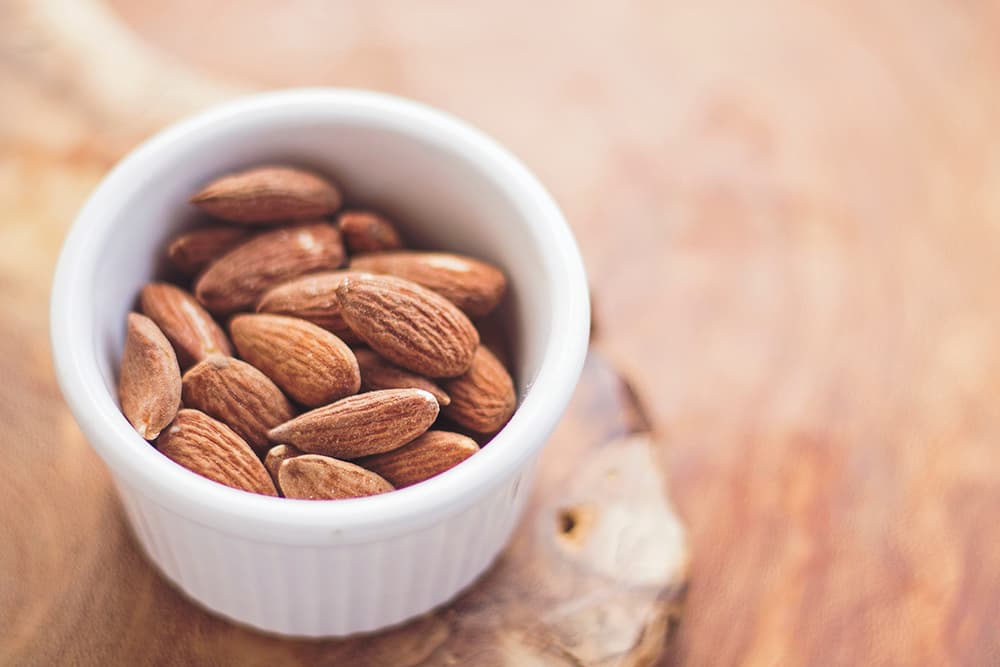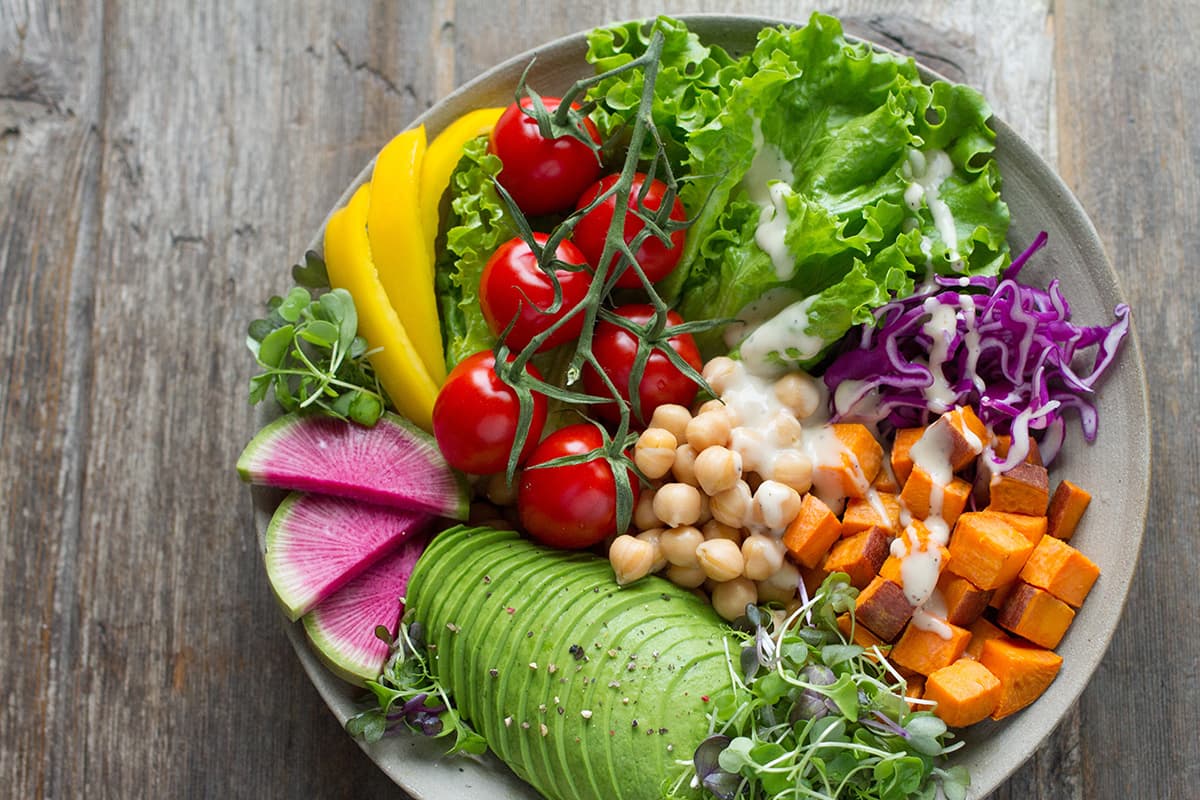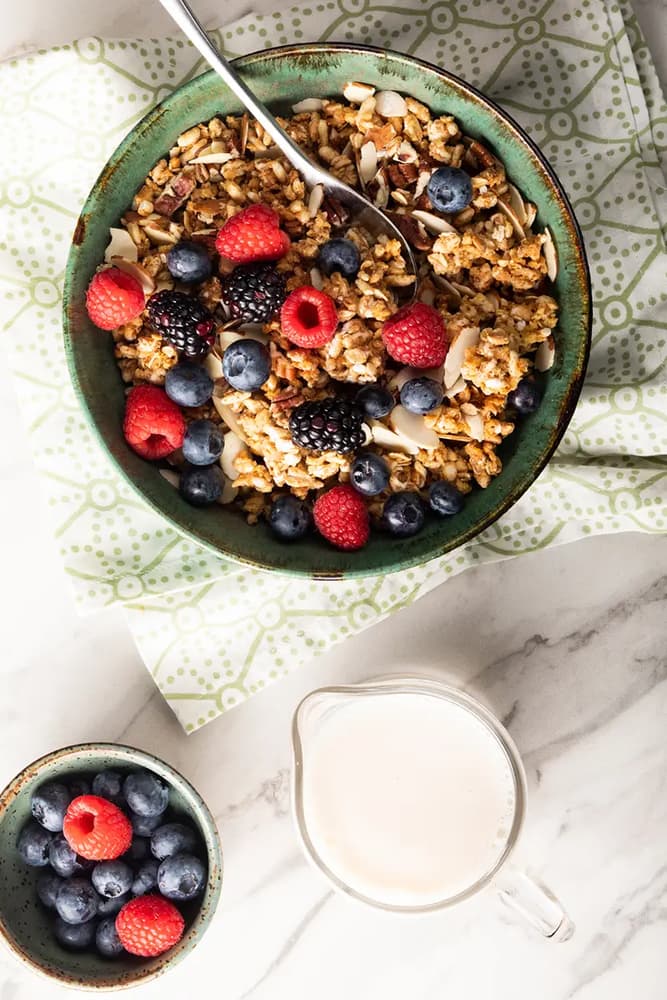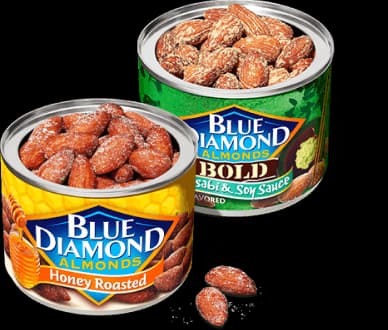

How Should You Get Your Protein?
It seems protein is a trendy topic to talk about these days. But what exactly is protein and most importantly, how much do you need and from which sources?
Almond protein is an essential macronutrient, made of amino acids which are building blocks that help grow and maintain your body’s tissues, including muscles, tendons, blood vessels, skin, hair, and nails. Also, protein helps maintain enzymes and hormones to keep your body’s systems functioning properly.
Humans are unable to produce some amino acids, so they must be consumed though food. These amino acids are called essential amino acids.
Protein needs are different for everyone, the recommended daily amount is 0.8g per kg of body weight. For example, a 120 LB woman would need about 44g of protein per day.
Now, from what sources should you eat protein? There are two food sources: Animal-based and plant-based. The difference about both sources is that animal-based proteins are Complete Proteins because they contain all the essential amino acids in adequate amounts, however most plant-based proteins are Incomplete Proteins because they are missing or do not have enough essential amino acids. Therefore, if you follow a strictly plant-based diet, such as vegetarian or vegan, it is very important to eat a variety of plant-based foods in order to acquire adequate protein.
There are health benefits of eating more plant-based foods such as reducing heart disease, type 2 diabetes, and obesity. The American Institute of Cancer Research encourages a plant-based diet, suggesting Americans consume two-thirds, or more than half, of their dietary intake from vegetables, fruits, whole grains, legumes, seeds, and nuts.2
Here are some ways to consume more plant-based proteins in your diet
- Snacks in between meals, such as Blue Diamond almonds
- Participate in “Meatless Mondays”
- Hummus with veggies
1 Academy of Nutrition and Dietetics. Position of the Academy of Nutrition and
Dietetics: Vegetarian Diets. https://www.eatrightpro.org/-/media/eatrightpro-files/practice/position-and-practice-papers/position-papers/vegetarian-diet.pdf. 2016. Accessed July 5, 2019
2American Institute for Cancer Research. Making it work for you. https://www.aicr.org/new-american-plate/eat-healthy-customize-your-diet-new-american-plate.html. Accessed July 11, 2019



